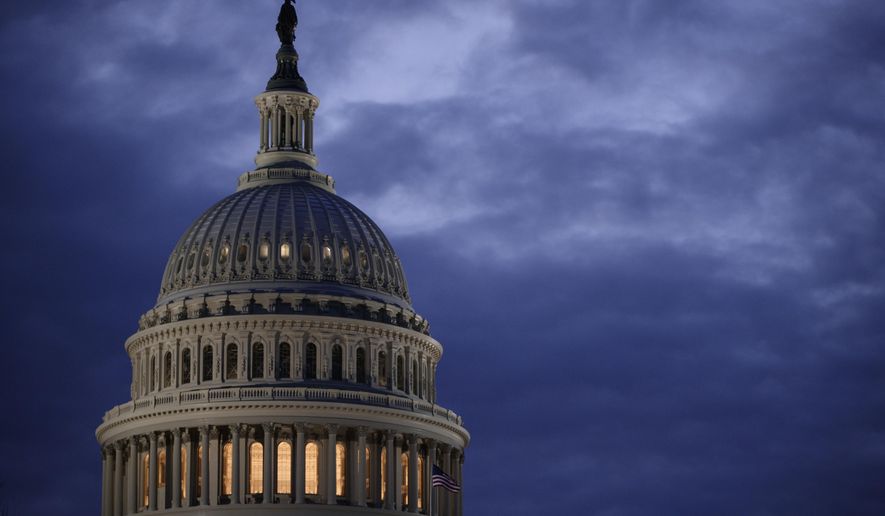
Far from cutting loopholes, Republicans left the federal tax code just as messy after their $1.5 trillion overhaul last year, according to a new report from Congress’s official scorekeepers that signals President Trump and the GOP failed on one of their chief goals.
The new tax law repealed nine breaks but added 17 new ones. It also modified another 55 of the more than 200 special breaks embedded in the code, known as “tax expenditures,” according to the report from the Joint Committee on Taxation.
The law’s backers say despite the additional breaks, things are simpler now for most taxpayers, who no longer face “double taxation” on items like capital gains and inheritances, and who are more likely to claim the standard deduction, easing their paperwork burden each year.
But Sen. Ron Wyden, the top Democrat on the Senate Finance Committee, said Republicans failed to clean out the “junk” in the tax code, calling it “yet another broken Trump promise.”
“Facts like these continue to prove that this tax law is a bad deal for the American people,” he said.
Simplifying the tax code was a major objective as the GOP began its rewrite last year. Everyone from Mr. Trump to Congress’s top tax-writers said the “loopholes” should go, leaving a tax code everyone could understand.
When time came to write the bill, however, an army of lobbyists arrived to defend each of the more than 200 special breaks already in the tax code for everything from fuel-efficient cars to racehorse owners and NASCAR racetrack owners.
Ways and Means Committee Chairman Kevin Brady, the House’s top tax-writer, touted the economic benefits of the new law this week, but acknowledged there’s still work to be done to clear the code of those special breaks.
Mr. Brady said he hopes to make headway the next time Congress takes up what’s known as the “tax extenders,” a package of about 30 special breaks that Congress regularly renews on a one- or two-year basis....
“We are trying to change the culture in Washington, so we want to drive out those special temporary provisions that, frankly, our tax code is better than,” he said at an Americans for Prosperity event in Texas. “What has merit, put it in there. Get the rest of it out of there. I’m trying my darnedest to get rid of these temporary provisions.”He’s tried to cull the list before, but with little luck.Indeed, many of the temporary breaks were renewed once again in the two-year budget deal lawmakers struck earlier this year.Grover Norquist, president of Americans for Tax Reform, said the tax overhaul did accomplish some streamlining.“The Republicans did what they said they were going to do,” he said. “They got rid of quote-unquote tax expenditures that advantage one industry over another.”Mr. Norquist said individual breaks should be examined on their own merits. For example, “new” benefits to lower the capital gains tax and wind down the estate tax
